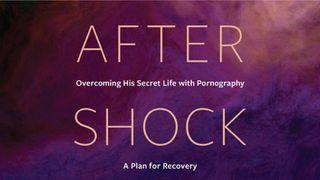Plan info
The Betrayed Wife: 6 Days of HealingSample
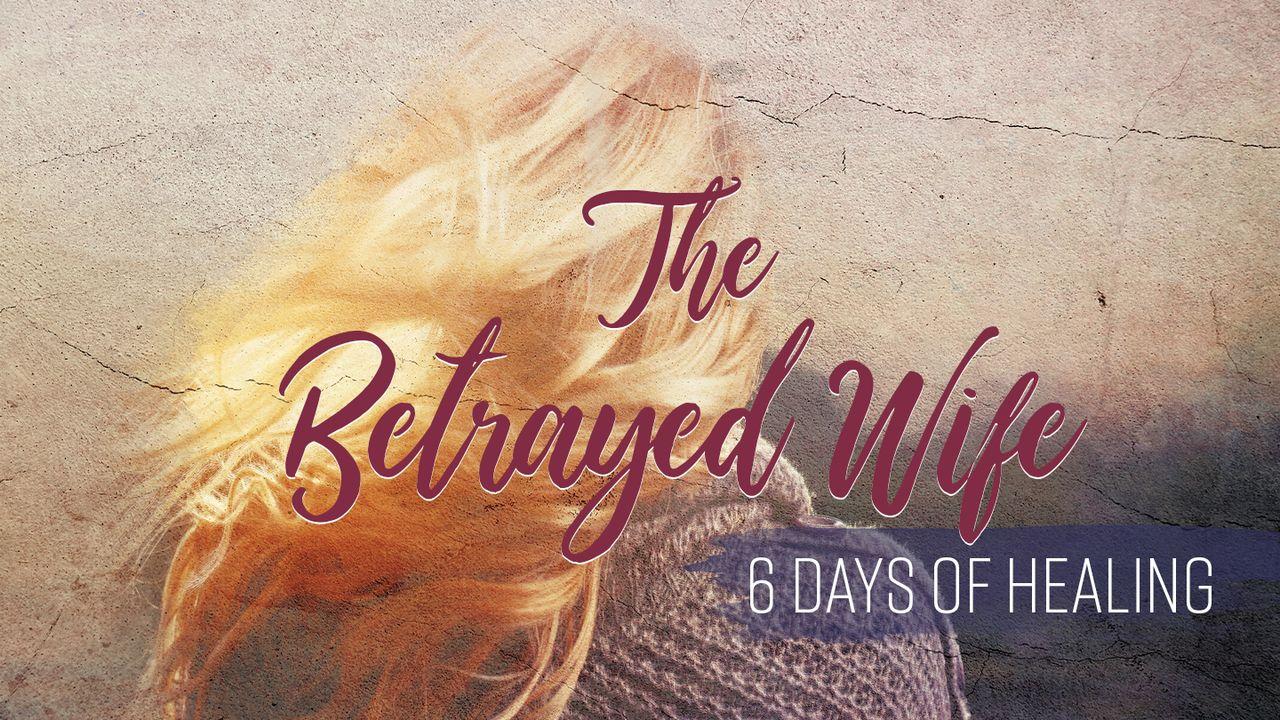
You were not driving the car
In the last section of this plan, I shared that you are not responsible for, nor to blame for, your husband's choices. Now I believe it’s important to address the partner betrayal trauma you have because of what you experienced.
Many times I have heard sincere, godly women say, “Why do I need to heal? I didn’t do anything!”
When I’m having conversations on this subject with betrayed wives, I share this story:
Imagine that you and your husband are out for a drive on a beautiful, sunny day. You feel safe, and you're enjoying the trip with the love of your life. You trust your husband will value the importance of driving carefully. Then all of a sudden, this calm drive turns into a nightmare.
This safe, Christian man turns into a crazed driver. He slams his foot on the gas pedal, and the engine roars as the car starts accelerating rapidly. He starts to drive crazily, ranting and screaming. Then BAM! He smashes into a wall, injuring you both and totaling the vehicle in which you were calmly sitting just minutes before.
You’re bleeding and in pain. You have several broken bones and a concussion. You’re feeling scared and traumatized as an ambulance arrives at the scene. The EMTs come over to help you, but when they ask for permission to treat your injuries, you yell, “My husband was the one who was driving! He needs to go to the hospital. I don’t need any help!”
You know that your husband needs immediate help, and you expect that he will have to see many doctors and go through physical therapy. You also hope that he processes the reasoning behind his actions, so this doesn’t happen again. But when you consider yourself, you say, “I don’t need any help.”
It’s important to unpack this statement . Throughout my experience of counseling betrayed wives, I have found that most of the time, when they say they don't need help, it's because “It’s his fault.”
My traditional response is to agree with them. Yes, it is his fault. You aren’t to blame for his actions. However, you have suffered some tremendous consequences and trauma due to his behavior — even though you did not cause it. Yes, your husband will need to heal after the crash. Yes, he made a disastrous decision while driving the vehicle. Yes, he should see professionals to help him. Yes, this accident should not have happened. But even though the accident was his fault, you need (and deserve) to have your injuries healed as well.
Our bodies are temples of the Holy Spirit. This does not just mean our physical body, but our soul and spirit as well. It’s important to protect ourselves and our hearts. I’m not just saying this as a psychologist who wants to see you heal, but as someone who experienced abuse as a child. My perpetrator was entirely at fault for what happened to me, but I had to go through a process of healing as well. I had to heal from immense anger, guilt, pain and shame caused by my abuser. For a time in my life, I poorly medicated these symptoms, which led me down a very dark road. Because of what I experienced, I want to be sure you understand the importance of recognizing your blamelessness and share with you the importance of pursuing healing.
Psalm 34:18 states, “The Lord is near to the brokenhearted and saves the crushed in spirit.” I hope today you recognize that a path toward healing is possible and that you start your journey toward healing with God as an active team member in helping you heal.
If this path is what you want to commit to, I want you to practice saying this phrase: “I am not to blame, but today I choose to heal.”
About this Plan
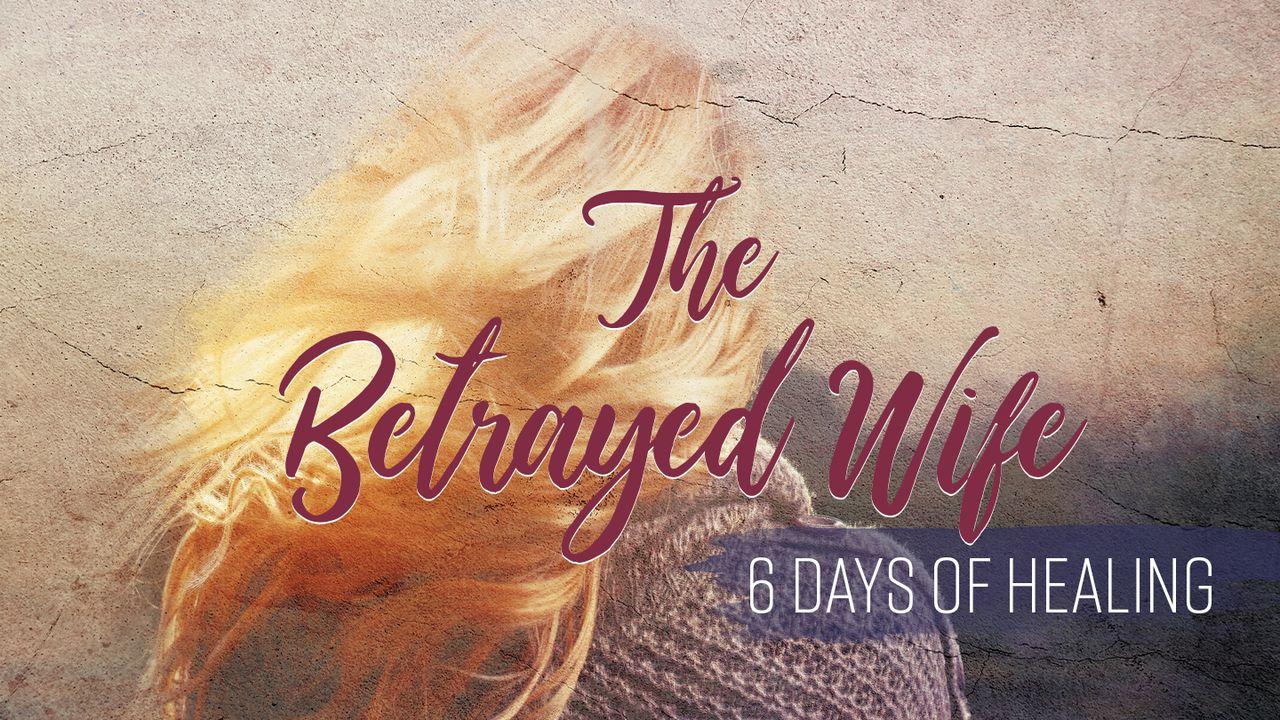
Betrayal from your husband is one of the most painful traumas a woman’s heart can experience. Right now, your heart has many questions: Where was God? Why did this happen? How do I heal? Can I heal? This plan is designed...
More
Related plans
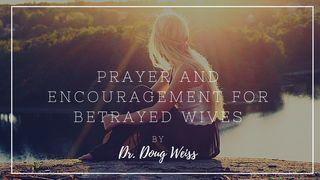
Prayer and Encouragement for Betrayed Wives
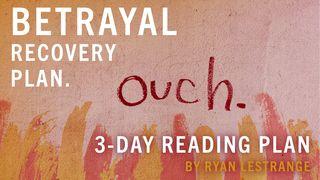
Betrayal Recovery Plan

Free Looks Good on You: Healing the Soul Wounds of Toxic Love
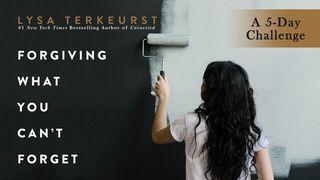
Forgiving What You Can’t Forget: A 5-Day Challenge
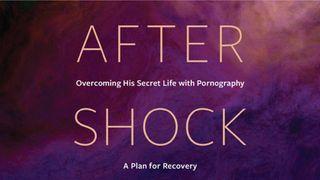
Aftershock - Can I Trust My Emotions?

Betrayed
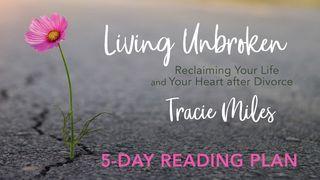
Living Unbroken: Reclaiming Your Life and Heart After Divorce
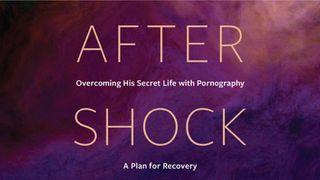
Aftershock - Take Care of Yourself
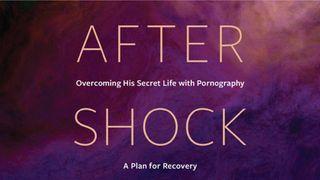
Aftershock - Why Does He Do What He Does?
